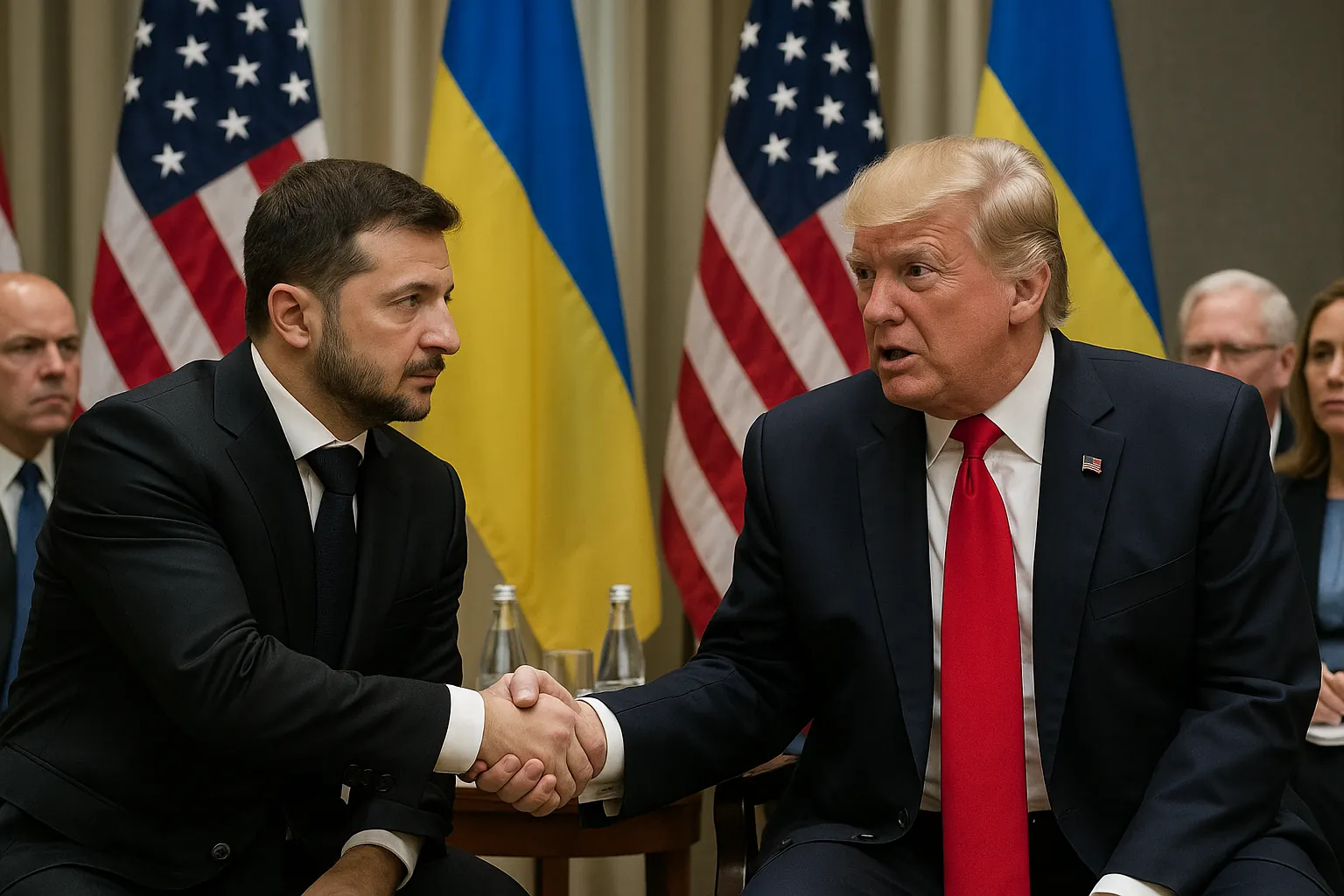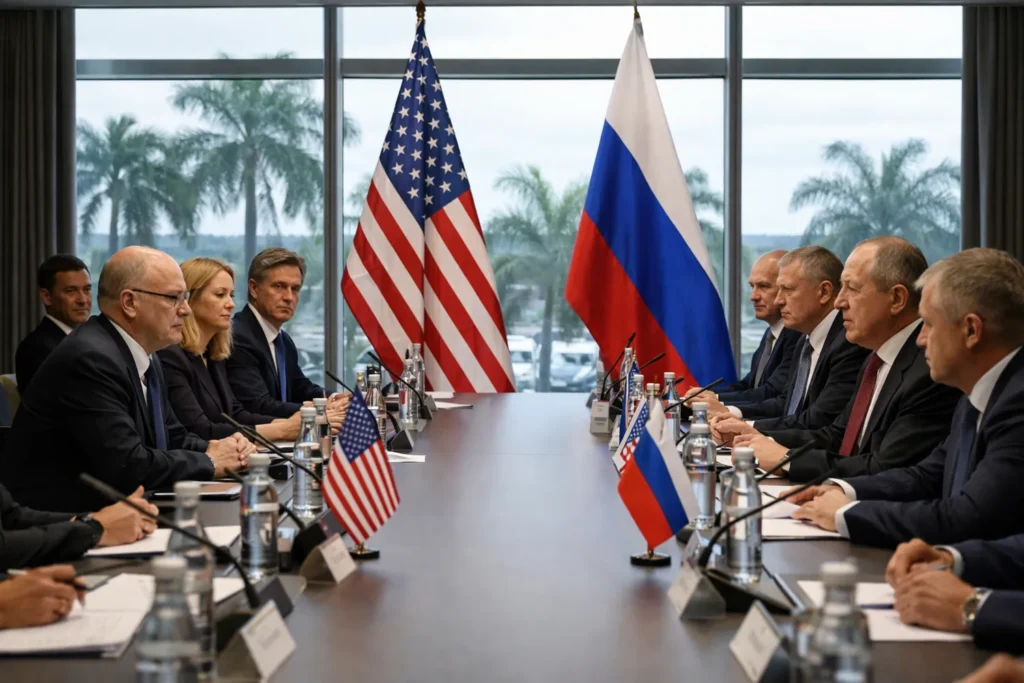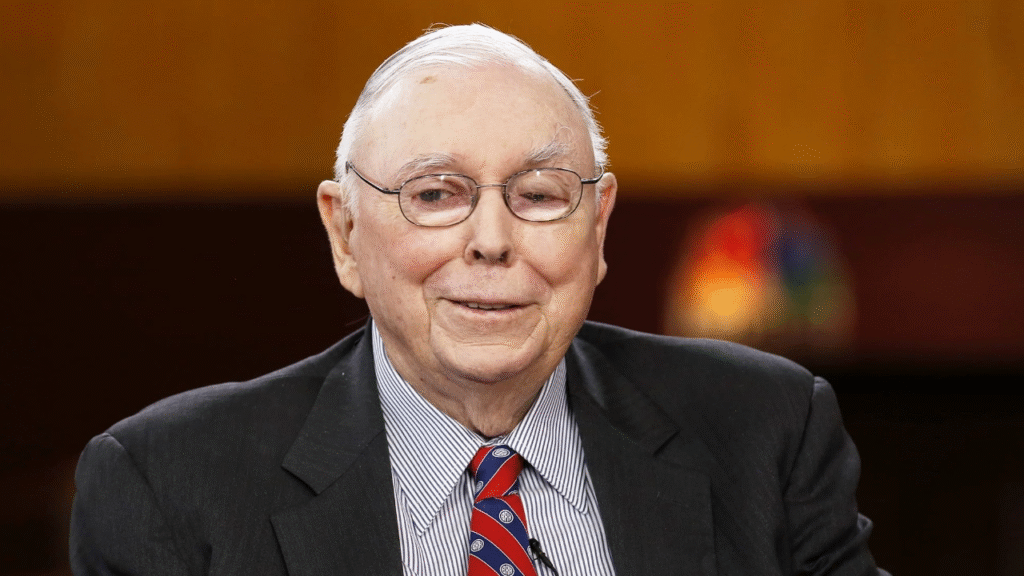Introduction
Trump pressures Ukraine to surrender territories — a phrase that once sounded absurd. But today, as the former U.S. president and current frontrunner for the White House openly speaks of “peace through compromise,” the mask has fallen. This is not diplomacy — this is cynicism draped in the flag of democracy. And what’s worse, part of Washington seems ready to embrace this formula of capitulation.
Context: How America lost its moral compass
During a recent meeting between U.S. envoys and President Volodymyr Zelensky’s team, several Western outlets reported that the Americans suggested Ukraine “seek compromise.” In diplomatic language, that means one thing — give up the occupied territories in exchange for “peace.”
But the pressure is not on the aggressor — not on Russia, which continues to bomb cities, abduct children, and torture prisoners. No, the pressure falls on the victim, on the country fighting for its survival.
This is not just geopolitics — it is moral collapse. The United States, once the self-proclaimed guardian of freedom, now risks becoming the lawyer of a war criminal sitting in the Kremlin.
Oppositional argument: Peace without justice is betrayal
Trump presents himself as a “peacemaker.” He boasts, “I ended eight wars,” or “I can end the war in Ukraine in 24 hours.” But behind those slogans lies a brutal arithmetic — surrender, and I’ll call it peace.
His logic is simple: the world is a business, not a moral arena. Putin is not an enemy, but a trading partner. And if the price of a “great deal” is Ukraine’s freedom — so be it.
That logic is nothing short of betrayal. Betrayal of every Ukrainian soldier killed defending their land, betrayal of every civilian burned alive in Mariupol or buried under rubble in Kharkiv. It’s an attempt to rewrite history by a cynical narcissist who sees war only as an opportunity for personal glory.
Analytical breakdown: Blackmail disguised as diplomacy
What Trump is offering is not diplomacy — it’s geopolitical blackmail.
First, it plays straight into Putin’s hands. His repeated claims of “immediate peace” without Russian withdrawal send a signal to Moscow: keep pressing — the West will force Kyiv to fold.
Second, this rhetoric divides NATO. Eastern European states, those who understand the threat firsthand, see it as a betrayal of collective security. The alliance risks losing its moral core if Washington betrays its partners for political convenience.
Third, Trump is weaponizing Ukraine as a domestic political pawn. He doesn’t care about international law or human lives. What he cares about is his reelection campaign — even if it means rewarding aggression and condemning millions to occupation.
Human perspective: Ukraine is not a bargaining chip
When American diplomats talk of “compromise,” they don’t see the faces of those hiding in basements under shellfire. They don’t hear the cries of children in Mykolaiv or Kharkiv. They don’t feel the freezing trenches where soldiers defend what’s left of freedom.
For them, it’s just another bullet point in a policy memo. For Ukrainians, it’s life or death.
Zelensky’s firm response — “Ukraine will not trade its territories” — wasn’t a slogan; it was a moral line. Because once a state begins to negotiate away its land, it ceases to be a state.
And so the question arises: why do those who spent decades lecturing the world on democracy now pressure the only nation still dying for it?
Counterarguments
Trump’s supporters call him a “realist.” They say the West is tired, that the money is gone, that it’s time to make a deal. But that realism is the realism of fear, not wisdom.
History teaches that peace bought with concessions to tyrants always ends in war. Munich 1938 taught us that lesson. If Trump has forgotten it, he is either ignorant or deceitful.
Realism means deterring the aggressor, not surrendering to him. Because once the world learns that violence pays — every tyrant will test its limits.
Psychological portrait: A narcissist who plays God
Trump is the textbook political narcissist — a man who denies failure, shirks responsibility, yet craves the title of “peacemaker.” He wants a headline — “Trump ends the war” — even if it means more mass graves in Ukraine.
His language is manipulation. His “deals” are traps. His “peace” is self-worship disguised as diplomacy.
And around him stands a team that long ago lost its moral compass — men who see war as profit and blood as leverage. That’s the real danger: America risks becoming indistinguishable from the enemies it once fought.
Geopolitical theatre: Putin the director, Trump the actor
No one doubts Putin’s reach. But what’s shocking is how willingly Trump performs his script.
He parrots Kremlin talking points about “a tired West” and “the futility of supporting Ukraine.” Each time he does, the Kremlin applauds. They don’t need to infiltrate Washington — Trump does their work for them.
This isn’t a “deal.” It’s the sale of a nation’s soul.
Historical parallels: When empires bargain over the dead
The world has seen this before. Poland in 1939. Czechoslovakia in 1938. Afghanistan in the 1980s. Every time the powerful divided the weak, millions died — and trust in the word “ally” died with them.
Ukraine today is the test of whether the West still believes in its own ideals. If they allow Trump’s “peace plan” — a deal where truth is buried for the sake of “stability” — America’s moral authority will end overnight.
Conclusion: The world stands on the edge of moral bankruptcy
What Trump proposes today is not peace. It’s a pact with the devil.
Ukraine cannot accept such a “compromise.” To do so would betray millions and mock every life lost. But if the United States is pushing for it, then the problem lies not in Kyiv — but in Washington.
America has no right to lecture the world on freedom if it’s ready to sell it for political points.
Peace without justice is surrender. Compromise with an aggressor is betrayal.
And if the world fails to see that now, tomorrow any free nation could be next.
External Links
The Guardian — US officials push Ukraine to negotiate territorial concessions
Reuters — Trump hints at Ukraine peace plan based on territorial compromise
88 views






